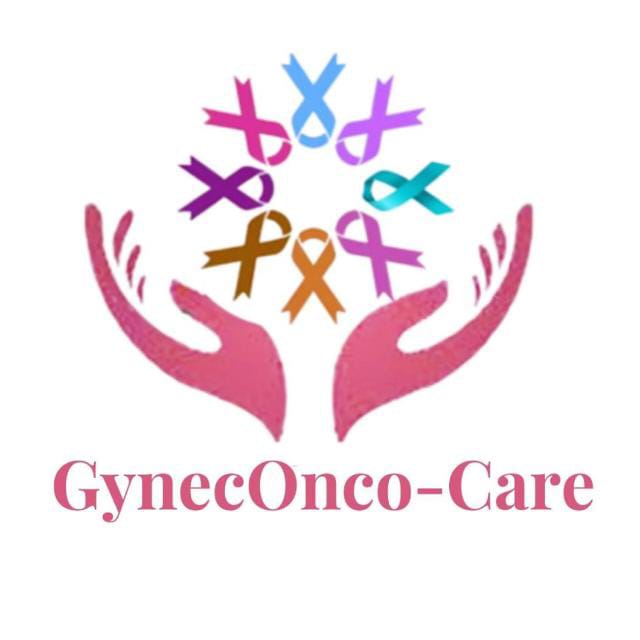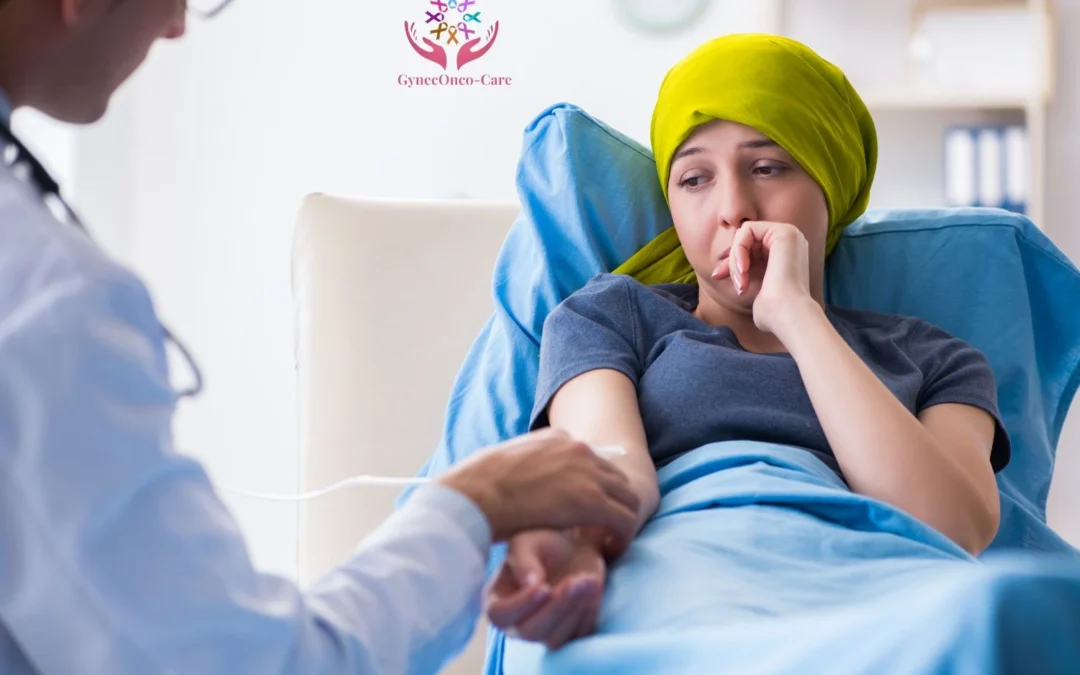Cancer treatment is a challenging journey, but the road to recovery can be just as difficult. For women who have undergone gynecological cancer treatments, the physical, emotional, and mental aftermath can be overwhelming. Dr. Renu Sharma, a best Gynec Oncologist, emphasizes that recovery is a multi-faceted process. It involves nurturing both the body and mind while rebuilding strength and confidence after the cancer battle.
Table of Contents
Recovery Tips:
Here are some important recovery tips for women to consider as they navigate life after cancer treatment:
1. Focus on Physical Recovery
Once treatment is completed, the body requires time to heal. Women may experience side effects such as fatigue, pain, and changes in appetite, which can be taxing. It’s essential to prioritize physical health during recovery.

- Exercise and Physical Activity: Light activities like walking, yoga, or stretching can help regain muscle strength, reduce fatigue, and improve overall well-being. Exercise releases endorphins, which can also help reduce stress and boost mood. However, it’s important to start slow and gradually increase activity. Always consult with your doctor before starting any exercise routine to ensure it’s safe for your recovery.
- Nutrition: A healthy, balanced diet plays a significant role in physical recovery. Women who have undergone cancer treatment may experience changes in appetite and taste. Consuming nutrient-dense foods like fruits, vegetables, whole grains, and lean proteins is essential for rebuilding strength. A dietitian can guide women in maintaining proper nutrition during this period.
- Managing Pain and Fatigue: It’s common to experience pain and fatigue after treatment. Effective pain management strategies, including prescribed medications and relaxation techniques, can help alleviate discomfort. Adequate rest is just as crucial as physical activity in aiding recovery.
2. Prioritize Emotional and Mental Well-Being
The emotional impact of this treatment can linger long after physical healing begins. Anxiety, fear of recurrence, and depression are common feelings for women who’ve battled cancerous cells once. Addressing mental health is essential for complete recovery.
- Support Systems: Counseling and support groups offer women a safe space to discuss their experiences and share their feelings. Many women benefit from joining cancer support groups, where they can connect with others who understand the emotional rollercoaster of treatment and recovery. Therapy with a mental health professional can provide guidance through this emotional journey.
- Mindfulness and Stress Relief: Techniques like meditation, deep breathing exercises, and journaling can help reduce stress and anxiety. These practices improve mental clarity, enhance emotional well-being, and promote a more peaceful state of mind during recovery.
- Self-Care: Prioritize self-care by engaging in activities that bring joy, relaxation, and peace. Whether it’s reading, taking a warm bath, or spending quality time with loved ones, it’s important to nurture oneself during this time.
3. Address Sexual Health and Intimacy
Gynecological cancer treatments often affect sexual health, with some women experiencing vaginal dryness, loss of libido, and changes in sexual function. These changes may impact a woman’s intimate relationships and confidence.
- Communication with Partners: Open and honest communication with partners is essential for navigating changes in sexual health. Discussing concerns and creating a supportive environment can strengthen relationships during this period.
- Vaginal Health: Vaginal dryness and discomfort during intercourse are common side effects of treatments like chemotherapy and radiation. Vaginal moisturizers or lubricants may provide relief. Pelvic floor exercises, such as Kegels, can also help improve vaginal tone and sexual function.
- Professional Guidance: Dr. Renu Sharma, best gynecologist in Indore, can provide personalized advice on how to manage the changes in sexual health post-treatment. She can recommend therapies and strategies to improve intimacy and sexual well-being.
4. Follow-Up Care and Monitoring
Regular follow-up appointments with a gynec oncologist are essential after this treatment. These appointments help monitor the recovery process and detect any signs of cancer recurrence. Women may undergo routine exams, blood tests, and imaging scans during follow-up visits to ensure their health is on track.
Adhering to follow-up care plans is crucial for early detection of any potential health issues. Regular monitoring ensures that women stay on top of their health and can address any concerns promptly.
Conclusion
Recovering from cancer treatment is a personal journey that requires time, patience, and resilience. While the path to full recovery can seem daunting, many women emerge from their cancer experience stronger, more resilient, and with a renewed sense of purpose. Focusing on physical healing, mental well-being, sexual health, and regular follow-up care are crucial steps in reclaiming a healthy, balanced life after cancer treatment.
If you’re looking for cancer or post-cancer care, you should book a consultation with Dr. Renu Sharma, leading cervical cancer doctor in Indore, for expert guidance!

